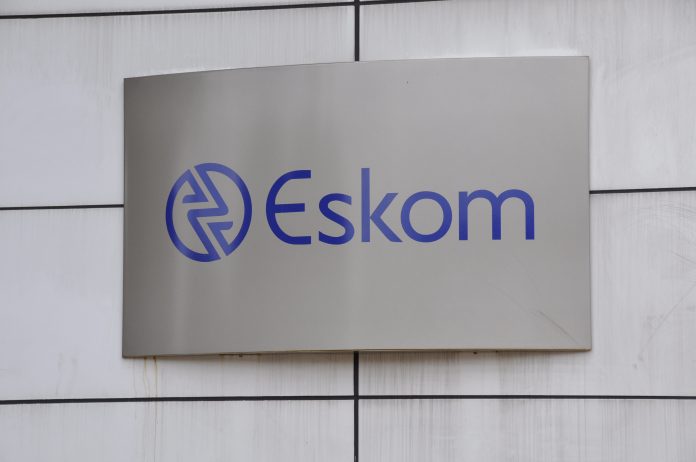Government confirmed on Wednesday that it will take over a large chunk of Eskom’s R400-billion to ensure the financial viability of the embattled power utility.
Finance Minister Enoch Godongwana used the medium-term budget policy statement (MTBPS), colloquially known as the “mini budget”, to announce that government will step in and assist Eskom deal with its perilous financial position.
“For at least a decade, we have spent billions of rands supporting Eskom, with limited improvements in the reliability of the electricity supply or the financial health of the company,” Godongwana said.
“To ensure Eskom’s long-term financial viability, government will take over a significant portion of the utility’s R400-billion debt.
“While the selection of the relevant debt instruments and the method of effecting the relief is still to be determined, the quantum is expected to be between one-third and two-thirds of Eskom’s current debt.
“The debt takeover, once finalised, together with other reforms will ensure that Eskom is financially sustainable.”
Most economists have said that a large portion of Eskom’s debt needs to be absorbed by the state to make the embattled state-owned power producer financially stable.
The MTBPS allows government departments to apply for adjustments to their budgets, apply for roll-overs, and request additional funds for unforeseeable and unavoidable expenditure. It indicates how government intends allocating the upcoming national budget.
However, Godongwana said Eskom’s debt takeover will not be a blank cheque.
“These conditions will address Eskom’s structural challenges by managing its costs, addressing municipal and household arrears due to the utility and providing greater clarity and transparency in tariff pricing,” he said.
“In addition, the conditions will be informed by a Treasury-led independent review of Eskom’s operations, in particular the performance of its generation fleet. Further details of the programme will be finalised following consultations with all relevant stakeholders and lenders, and will be announced in the 2023 Budget.”
The move by government to absorb some of Eskom’s debt will largely be welcomed by financial pundits who see the move as the only solution for Eskom to keep its head above water.
Eskom, which has been struggling to power the economy for more than a decade is largely seen by rating agencies as presenting a significant risk to government’s ability to pay its debt. Fitch Ratings said in July that Eskom will need about R150 billion further support.
This, as the rating agency warned debt stabilization in South Africa will remain a challenge. Godongwana said government debt is projected to be more than R4.7 trillion in the current financial year, a big leap from R627 billion in 2008/09.
The minister warned that for nearly 15 years, the South African government has been tabling higher deficits.
“This debt is incurring debt-service costs that will average R355.2 billion per year over the medium-term expenditure framework…The result is that the debt-service costs are estimated to be R5.9 billion higher in 2022/23 than what we thought at the time of the February budget,” he said.
Eskom was not the only state-owned entity to receive support from government. Godongwana said Transnet, which has just come off a damaging strike by its workers, will be allocated R2.9 billion “to ensure the return of out-of-service locomotives.”
Embattled arms manufacturer Denel was allocated R3.4 billion to “support recent progress made to stabilise the entity.”
Follow @SundayWorldZA on Twitter and @sundayworldza on Instagram, or like our Facebook Page, Sunday World, by clicking here for the latest breaking news in South Africa. To Subscribe to Sunday World, click here.
Sunday World




